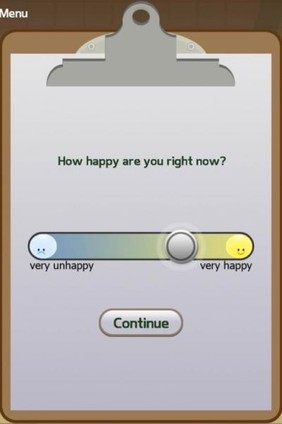Where expectation creates predictable reality
The happiness of over 18,000 people worldwide has been predicted by a mathematical equation. This equation shows that moment-to-moment happiness reflects not just how well things are going, but whether things are going better than expected.
Scientists found that overall wealth accumulated during the experiment was not a good predictor of happiness. Instead, moment-to-moment happiness depended on the recent history of rewards and expectations. A new study published in the Proceedings of the National Academy of Sciences investigates the relationship between happiness and reward. This new equation can successfully predict happiness.
Why?
Scientists believe that quantifying subjective states mathematically could help doctors better understand mood disorders, by seeing how self-reported feelings fluctuate in response to events like small wins and losses in a smartphone game.
“We expected to see that recent rewards would affect moment-to-moment happiness but were surprised to find just how important expectations are in determining happiness,” says Dr. Robb Rutledge, lead author of the study.
An equation developed from brain scans and self-reported happiness was tested on 18,420 participants in the game ‘What makes me happy?’ in a smartphone app developed at UCL called ‘The Great Brain Experiment’ (thegreatbrainexperiment.com). The happiness equation could be used to predict how happy subjects would be while they played the smartphone game, even though subjects could win only points and not money.
Dr. Rutledge says, “In real-world situations, the rewards associated with life decisions such as starting a new job or getting married are often not realised for a long time, and our results suggest expectations related to these decisions, good and bad, have a big effect on happiness.
“It is often said that you will be happier if your expectations are lower. We find that there is some truth to this: lower expectations make it more likely that an outcome will exceed those expectations and have a positive impact on happiness.
“However, expectations also affect happiness even before we learn the outcome of a decision. If you have plans to meet a friend at your favourite restaurant, those positive expectations may increase your happiness as soon as you make the plan.”

